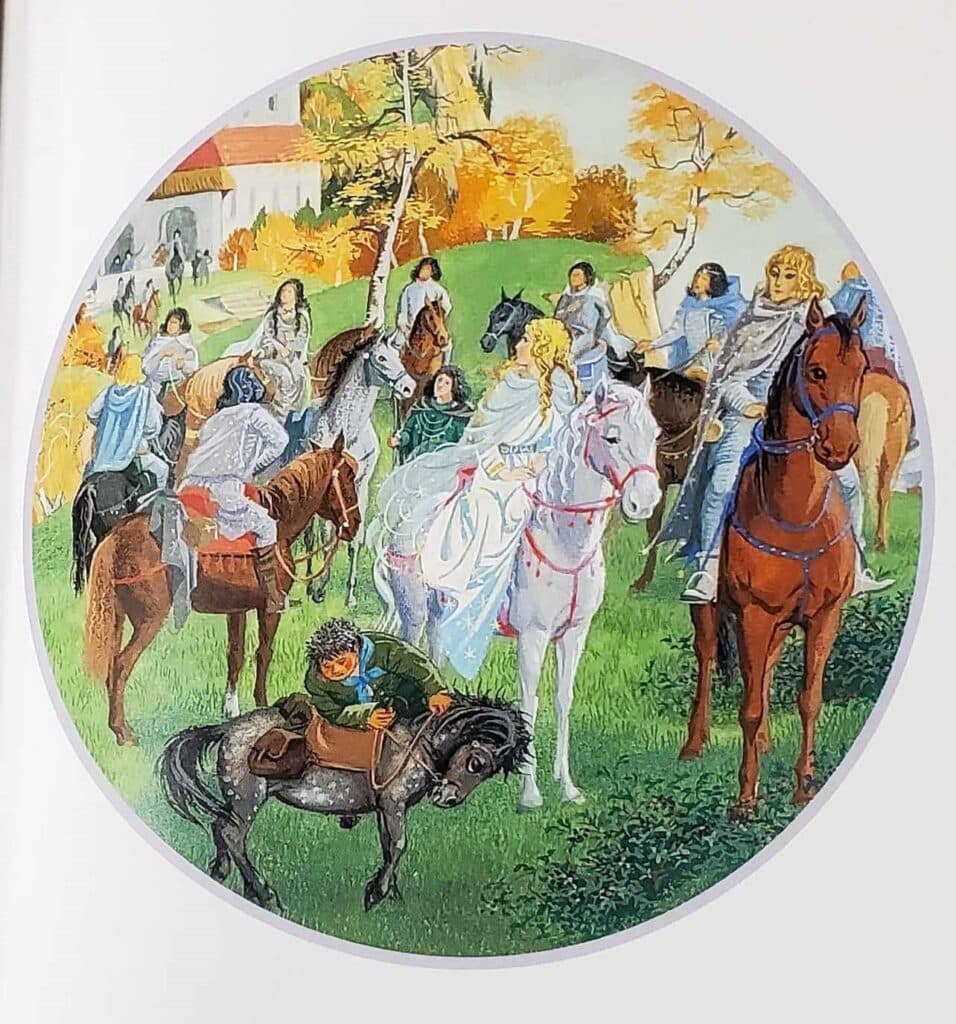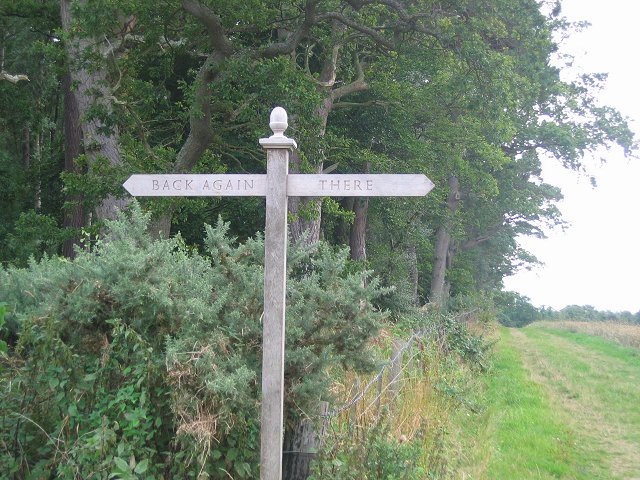Out of the East he came, far-traveller and great-hearted, and they welcomed him with song and merriment and awe. For mighty he seemed in their company, and strange were the tales of those deeds by which he had won renown, the aged hero come now to rest.
In starlit truesilver was he clad, and girt gleaming at his side was ancientry forged by their own forefathers in the height of their fearsome splendour, and many were the sad years that had passed since their glory failed. Threadbare worn was his cloak, for far and wide had he roamed, the great wanderer, yet of fine weave was it spun and of strange make was it formed. Bare were his feet, yet he himself went not beggarlike but proud and merry, and wondrous was this deemed.
Many were the years since last he had journeyed thither to their humble halls, though marked they that he was not yet age-stricken; and this they deemed strange indeed. Fey he seemed and young, as if unravaged by time’s unrelenting passage, and well did they know how swift the fleeing years blemished his people. For never had it been so before that a guest twice-come to their abodes seemed not swift-stricken by their own fleeting lifespan.
Nay, not never – seldom were nearer the mark, and this seldomness made the strangeness all the greater. For there were some few wanderers of great wisdom and noble deed who likewise seemed little to heed the passage of long years, and these pilgrims they held in high regard as mighty and fulwise, close in the counsel of kings. And great friendship was there indeed between one such wanderer, bent and grey, who oft was welcomed (and he was close in the counsel of their lord), and the half-heighted full-hearted stranger and this, too, was held a wonder.
And so they made ready feast in his honour, the great adventurer now come from the dusty lonesome road, and ever of him did they learn some new marvel. Battles had he fought, yet kindly and gentle was his heart and neither wrath nor rage dwelt therein. Even by eagles lordly had he been borne into the heavens, and deep within ancient mountains had he delved, and treasures from the heart of the earth had he held. Wonders had he met, slippery cave-dwellers and mighty beast-lords, and they knew not of what nature these creatures were and had not names for them.
With a dragon had he spake, and a dragon’s malice had he quickmind outwitted, espying the worm’s softness even at the heart of its majesty and bringing its very doom. Yet light did he tell of that dreadful speech with so great a foe; light and laughing his mockery of that ancient beast enjewelled in splendour. Yet of his fear and awe he spoke also, and true did they deem that his frequent levities were born not of haughtiness, nor of foolishness. Nay, this was a halfling who true had feared a live dragon, and yet laughed at it. And no such tale had ever they known of so fell a foe.
And their tongues he spake and their songs he knew, if haltingly and but in part. Further, full eager was he to learn yet more, and heedful they were that his mastery grew swifter than he judged, for ever did he deem himself the least despite his greatness. Of strange manner were his questions and with strange manner did he turn their stories to his own speech, and they marvelled to hear the old tales told in manner bold and new and yet not discourteous. And they laughed at him and with him even as they laughed among themselves, for of like skill and mind to them was he, though not of like kin.
Ringkeeper he named himself, and they wondered that one of the long-lost essays of Eregion should have come to so strange a bearer. Yet stranger still was that he had himself set ring aside and passed into peace, and this they deemed the greatest wonder of all. For thus did they know him to be stronger than they, of great spirit and sure mind, for terrible did they know even the least of rings to be. And those that saw far did mark that there was a mighty doom upon him, and that he had passed through great trial and strange chance and he had conquered. Dangerous he was, this merry fellow, and dangers had he endured through that they knew well (had they unfortunate chanced upon such perils) would have been their undoing.
Luck-finder, Barrel-rider, Eagle-borne, Ring-keeper, Hoard-thief, Spider-sting, Riddler under Mountain, Poet, Scholar and Elf-friend – all these and a hundred more titles they did bestow upon him, though he, gracious hero, was ever content with but one. Hobbit, of the Shire, and with high honour was this title granted and spoken. And they did marvel at him.
Ye! did they ever marvel at him at every turn, for he marked not his own greatness, and he joyed not as they joyed. And they loved him, and feared him, and wondered at him, for he was twice-alien to them and to his own kin alike. Strange, he was, and though he tarried in their halls for but a handful of seasons (scarce time for them to learn a tenth of his wonders) still were they full-thankful that they had been fey-gladdened for a spell by this Hobbit of the Shire.

For commentary on this work, please see the accompanying post!
~~~~~~~~~~~~~
Thanks for reading – feel free to check out anything else you may be interested in on the blog, there’s plenty more to discover! Follow me on Facebook and on Twitter to stay up to date with The Blog of Mazarbul, and if you want to join in the discussion, write a comment below or send an email. Finally, if you really enjoyed the post above, you can support the blog via Paypal, and keep The Blog of Mazarbul running. Thanks for reading, and may your beards never grow thin!

This was beautiful! I loved reading a description of Bilbo written as legend and from another perspective – really magical. Thank you
Absolute pleasure, glad you enjoyed it!